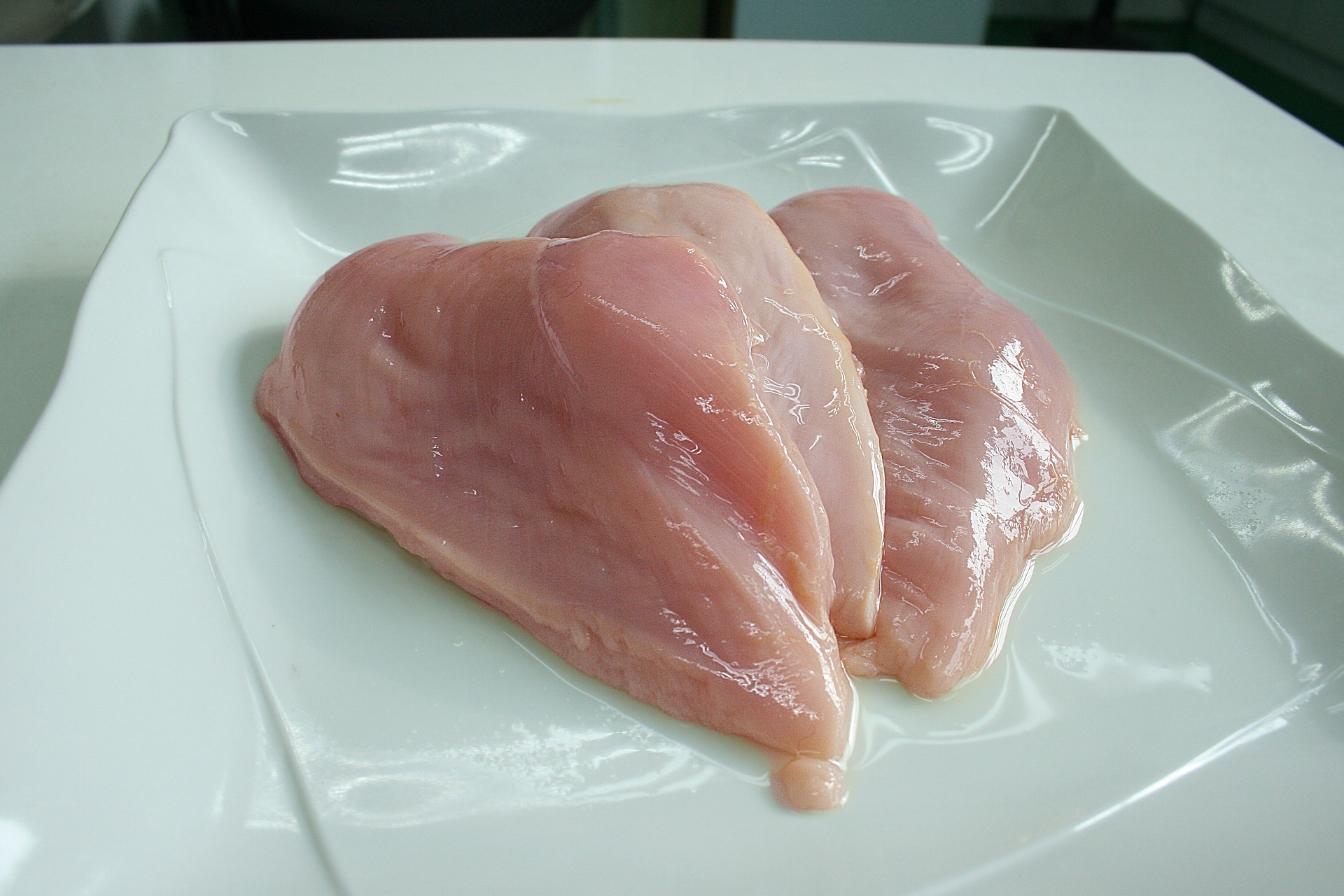
Key Points
- An 8 oz raw chicken breast contains around 50 grams of protein.
- After cooking, an 8 oz chicken breast contains about 70 grams of protein.
- Chicken breasts are a great source of protein, with almost 80% of the calories coming from protein.
- The remaining 20% of the calories in an 8 oz chicken breast come from fat, with little to no carbohydrates.
- An 8 oz chicken breast also provides essential vitamins and minerals such as potassium, phosphorus, choline, selenium, and more.
Chicken breasts are a popular choice for many health-conscious individuals due to their high protein content and relatively low fat and calorie levels. As a staple in many diets, it’s important to understand the precise nutritional breakdown of this lean meat.
In this article, we’ll look into the protein content of an 8 oz chicken breast, exploring both the raw and cooked versions. We’ll also discuss the broader nutritional benefits of chicken breast, including its vitamin, mineral, and calorie profile.
Whether you’re trying to build muscle, lose weight, or simply maintain a healthy diet, knowing the facts about chicken breast can help you make informed choices.
Calories In 8 oz Chicken Breast
An 8 oz (226 g) boneless, skinless chicken breast contains approximately 376 calories. This can vary slightly depending on the specific cut and preparation method.
The breakdown of the calories in an 8 oz chicken breast is as follows:
| Nutrient | Amount |
| Calories | 376 |
| Protein | 53.4 g |
| Carbohydrates | 0 g |
| Fat | 6.2 g |
It’s important to note that the calorie and nutrient content can change significantly if the chicken breast is cooked with the skin on or if additional ingredients are added, such as oils, marinades, or sauces.
Protein Content In 8 oz Chicken Breast
Chicken breast is known for its high protein content, and an 8 oz portion is no exception. According to various sources, an 8 oz raw chicken breast contains around 50 grams of protein.
However, after cooking, the protein content of an 8 oz chicken breast increases to approximately 70 grams. This is because the cooking process causes some of the moisture in the chicken to evaporate, resulting in a higher concentration of protein per serving.
It’s important to note that the exact protein content may vary slightly depending on the specific chicken breast, the cooking method, and any additional ingredients used.
Nutritional Benefits Of Chicken Breast
Chicken breast is not only a great source of protein but also provides a variety of essential vitamins and minerals. An 8 oz chicken breast contains the following key nutrients:
| Nutrient | Amount |
| Potassium | 754 mg |
| Phosphorus | 482 mg |
| Choline | 186 mg |
| Sodium | 101.6 mg |
| Calcium | 11.3 mg |
| Magnesium | 63.2 mg |
| Zinc | 1.5 mg |
| Iron | 0.84 mg |
| Selenium | 52 μg |
| Vitamin A | 20.4 μg |
These nutrients play important roles in various bodily functions, such as energy production, immune system health, and antioxidant protection.
Cooking And Preparing Chicken Breast
Chicken breast can be prepared in a variety of ways, including baking, grilling, sautéing, or poaching. The cooking method and any additional ingredients used can affect the final nutrient and calorie content of the dish.
When cooking chicken breast, it’s important to ensure that the internal temperature reaches at least 165°F (74°C) to kill any potentially harmful bacteria. Overcooking can result in a dry and tough texture, so it’s important to monitor the cooking process carefully.
Conclusion
An 8 oz chicken breast is an excellent source of high-quality protein, providing around 70 grams of protein after cooking. In addition to its protein content, chicken breast also contains a variety of essential vitamins and minerals that can support overall health and wellness. By understanding the nutritional profile of chicken breast, individuals can make the right choices and incorporate this versatile and healthy protein source into their regular diet.

Speak Your Mind